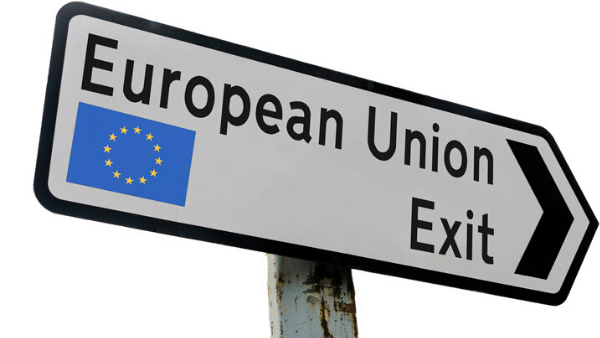Author
The clock is ticking on UK companies’ ability to take part in an EU cross-border merger (CBM). You have until 31 December 2020 (unless a future agreement is reached between the UK and EU to allow for UK companies to take part in CBM regime (which seems to be increasingly unlikely)).
As we said before CBMs, invariably take several months to complete. You must start the CBM process sooner rather than later.
For an overview of what a CBM is and the process, see: https://www.michelmores.com/news-views/news/what-cross-border-merger
And for our top tips on CBMs, see: https://www.michelmores.com/news-views/news/cross-border-mergers-–-our-top-tips
Why bother doing a CBM?
The intention behind the CBM regime was to facilitate mergers between companies in EEA by introducing a regime that reduces the administrative burden and esoteric rules of each member state, particularly to promote the principle of freedom of establishment in the EU.
Depending on the circumstances, CBMs can be one of the most effective ways to merge a UK company with another EEA company (or reorganise a pan-EEA group) having certain benefits over the alternative mechanisms in the UK, including:
- Cash can be transferred
- P and L reserves are transferred
- Contracts with third parties can be transferred with less difficulty
- More advantageous tax treatment compared with the similar domestic procedures
- Less administrative burden and, thus invariably, less costs involved
- The transferor company is converted / closed without the need to go through the liquidation / administration procedure, reducing costs and administrative burden, which may also have negative connotations on the repute of the business.
Whilst still available, CBMs are therefore very much an option worth considering.
Points to note
As the name suggests, CBMs must involve at least one non-UK company. A dormant new or non-trading EEA company will work, even if every other company is UK company.
The process requires assurance that the interests of stakeholders of the merging companies (being the shareholders, creditors and contractors and, particularly, employees, who are given special treatment) will not be detrimentally affected. The UK takes the approach that the court approving the merger is not a rubber stamp, but has an important role to fulfil under the scheme. It has also been stated the court will take into consideration any issues arising from Brexit when reviewing a proposed CBM.
Moving UK companies to the EU
Although the first ‘reverse’ cross-border merger was not until 2017, they have become increasingly more common, not unlikely due to Brexit-influenced group reorganisations of pan-EEA corporate structures. A ‘reverse’ CBM is where a UK parent company is absorbed into its EEA-incorporated subsidiary company.
Historically, many EU-based businesses (especially German ones) were incorporated as English limited companies to avoid the more stringent and expensive continental equivalents (and expensive notary fees). Some businesses that did this are now using reverse CBMs to repatriate the SPV legal entity to an entity incorporated in the EEA country in which the business is operating before the end of the implementation period, so as to circumvent any issues of a ‘no-deal Brexit’.
Insurance companies – CBMs – a useful tool
UK-based insurance and reinsurance companies may no longer be able to underwrite insurance in the EEA by simply relying on EU ‘passporting’ rights (and vice versa). Unless such ‘passporting’ rights are persevered in a future relationship agreement between the UK and EU, UK-based insurers may need to consider reorganising their business to continue to serve their policyholders and underwriting in the EU and UK.
In the UK this is, unless falling within a very limited set of exemptions, subject to a stringent court procedure. This can be done in the same court process as a CBM.
So hurry up!

